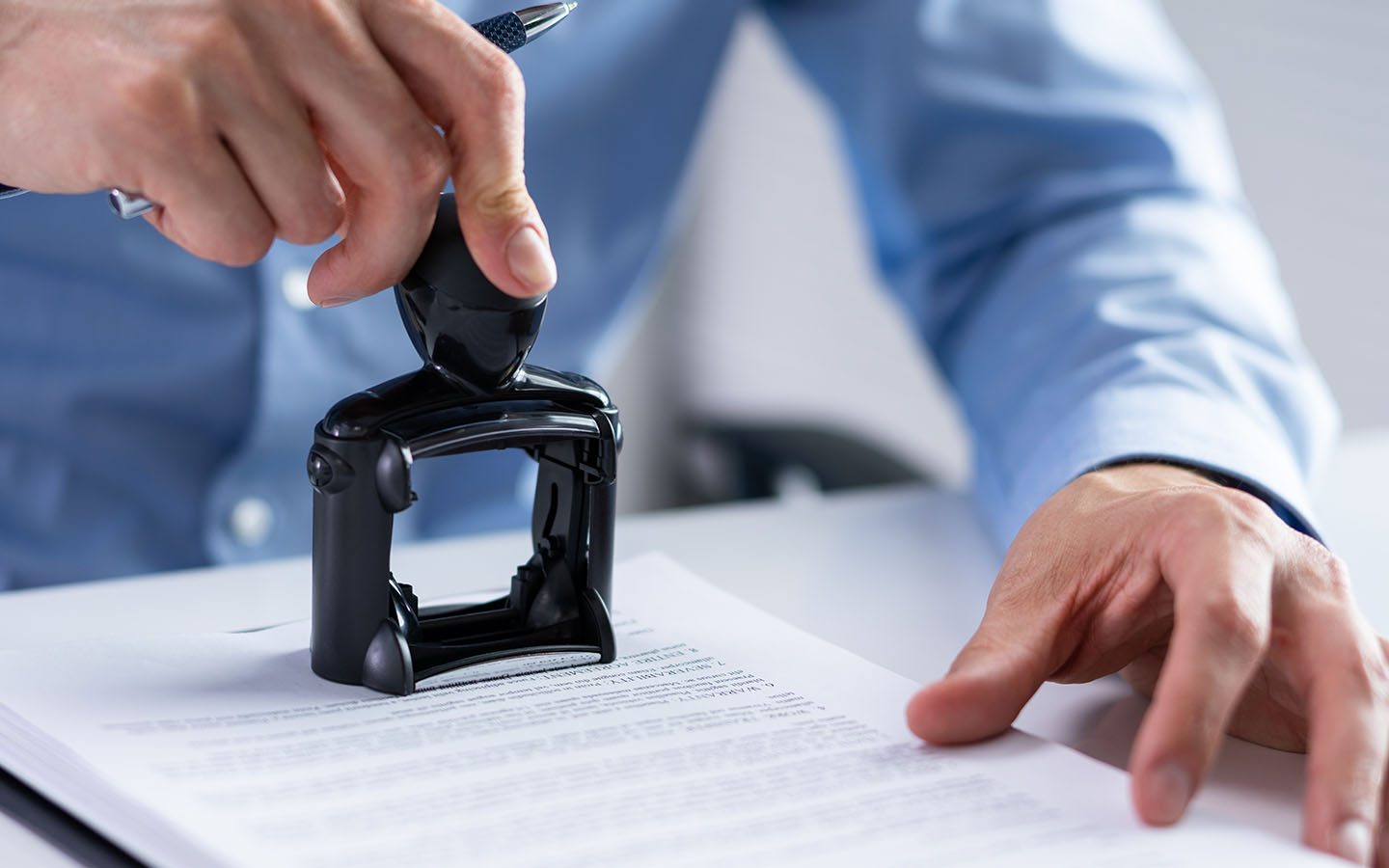In UK intellectual property law, there's a term that often takes a backseat to its more famous counterpart, copyright. That term is moral rights. While copyright protects the economic interests of creators, moral rights take a different approach, focusing on the personal and ethical aspects of creation.
If you’re a business owner or a creative, you need to understand this type of IP protection, as it can have a significant impact on the way you use creative works. In this article, we will delve into the realm of moral rights, discussing what they are, their duration and their implications for creators and businesses.
What are moral rights in copyright?
Moral rights are a set of rights that protect the non-economic interests of creators in their work. These rights are designed to safeguard the reputation, integrity and personal connection that an author or creator has with their work.
Moral rights primarily encompass four key aspects:
- Right to be identified as the author – this right ensures that the creator is acknowledged as the author of a work when it is used or published
- Right to object to derogatory treatment – creators can object if their work is distorted or mutilated in a way that is prejudicial to their honour or reputation
- Right to object to false attribution – if someone falsely claims to be the author of a work, the actual creator can object
- Right to object to the issuing to the public of a distorted work – this right allows the creator to object if a work is issued to the public in a way that is prejudicial to their honour or reputation
Moral rights under the Copyright Act (Copyright, Designs and Patents Act 1988)
In the UK, moral rights are protected under the Copyright, Designs and Patents Act 1988 (CDPA). These rights apply to various creative works, including literary, dramatic, musical, and artistic works, as well as films, sound recordings and broadcasts.
Duration of moral rights
One of the frequently asked questions regarding moral rights is, "How long do moral rights last?" Under the CDPA they have a duration that mirrors copyright protection. These rights typically last for the duration of the author's lifetime plus an additional 20 years after their death. This extended period allows for the continued protection of the author's reputation and connection to their work, even after they have passed away.
Moral rights vs. economic rights
A common misconception is that moral rights grant creators the right of ownership over their works. This is not entirely accurate. They give creators certain personal rights related to their works, but they don’t provide ownership in the traditional sense that copyright does. Economic rights, on the other hand, grant creators the exclusive right to exploit their works for financial gain. These two sets of rights coexist and serve different purposes.
While creators retain moral rights even when they transfer their economic rights to others, these moral rights cannot be assigned. They’re inalienable and belong to the originating author. However, creators can waive their rights if they choose to do so, but this requires a specific written agreement.
Are economic rights dependent on moral rights?
Economic rights and moral rights coexist and complement each other within the framework of intellectual property law. While economic rights grant creators the ability to control the commercial exploitation of their works, moral rights provide an additional layer of protection by preserving the personal and ethical connection between the creator and their work.
Economic rights aren’t dependent on moral rights, but both sets of rights work together to provide a comprehensive framework for the protection and use of creative works.
Moral rights vs. performance rights
Performance rights and moral rights are distinct but related concepts. Performance rights are a subset of economic rights and pertain to the public performance or communication to the public of copyrighted works. These rights are typically held by performing artists, such as musicians and actors and are administered by collecting societies.
Moral rights, as previously discussed, focus on the personal and ethical aspects of a creator's connection to their work. While they may intersect with performance rights, especially when a performance could harm the reputation of the author, they’re not the same. The key difference lies in the nature of the rights and their objectives.
Can moral rights be assigned or waived?
As mentioned above, moral rights are typically considered inalienable, meaning they cannot be assigned to another party. These rights inherently belong to the originating author and cannot be transferred to others.
However, moral rights can be waived if the author voluntarily chooses to do so. This waiver requires a specific written agreement and even with a waiver in place, it doesn’t affect the author's right to object to false attribution.
Can a company have moral rights?
While moral rights inherently belong to individual authors, there are situations where companies or organisations may be considered the originating authors. In such cases, the company can hold moral rights in the work, but these rights are generally limited to the right to be identified as the author. This occurs when the work is created in the course of employment or under a contract, and the company is identified as the author.
Moral rights implications
For creators
Moral rights provide creators with a level of control and protection over their work that goes beyond economic considerations. They allow creators to maintain the integrity of their creations and ensure that their works are not subjected to derogatory treatment. For artists, authors and creators, this can be particularly important in preserving their artistic vision and personal connection to their work.
For businesses
For business owners, you need to understand how moral rights can impact your use of creative works. When working with creators or commissioning original works, you need to respect and acknowledge their moral rights. This means giving appropriate credit to the author and ensuring that their work is not distorted or mutilated in a way that could harm their reputation.
Failure to respect moral rights can lead to legal consequences, as it can be considered a violation of the CDPA. Infringing on these rights may result in legal action, damages and the removal of any unauthorised uses of the work.
Are patents moral rights?
While moral rights primarily apply to copyright-protected works, patents fall under a different category of intellectual property. Patents are designed to protect inventions and technical innovations rather than creative works. Therefore, the concept is not directly applicable to patents. However, patents do have their own set of rules and regulations, including ethical considerations, to ensure that innovations are used for the greater good and don’t harm society or the environment.
Moral rights in the digital age
With the explosion of the internet and social media, where creative works easily be disseminated, altered and shared, the relevance of moral rights has only grown. With the internet as a platform for sharing and reusing content, creators may find their works subject to unauthorised use, alteration or misattribution. This underscores the importance for businesses to understand and respect the original creator's work to avoid legal issues.
Get legal assistance from LawBite
Moral rights offer creators a unique form of protection that goes beyond the economic aspects of copyright law. These rights safeguard the personal and ethical connection between creators and their works, ensuring that their artistic vision and reputation remain intact.
If you’re commissioning original creative works you need to understand moral rights to avoid legal consequences. By upholding these rights, you can thrive while also supporting the artistic and creative community.
At LawBite, we believe in the importance of educating and empowering our customers, so they can navigate the legal landscape with confidence. If you have any questions about moral rights or any other form of IP protection, book a free 15 minute consultation with one of our expert IP lawyers or call us on 020 3808 8314.



